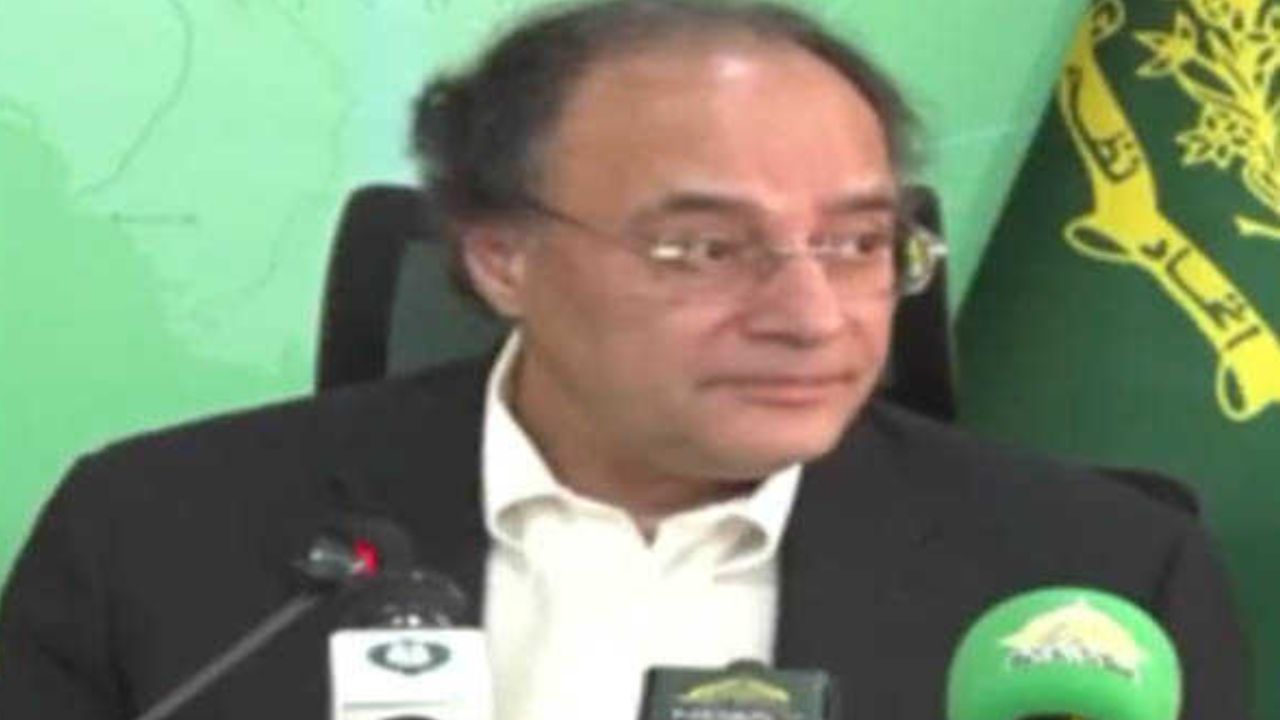 English
English

The Pakistan FM said that debt servicing costs had decreased by PKR 1 trillion. Read further on Dynamite News:

Pakistan Finance Minister Muhammad Aurangzeb
Islamabad: Pakistan, which is set to unveil its upcoming federal budget, has decided to break from tradition and alter its economic outlook, with the new budget being more “strategic” in nature and focusing on long-term economic reforms rather than mere fiscal balancing.
Due on June 10, the country’s Finance Minister Muhammad Aurangzeb said that the new plan would chart a clear path for recovery amid ongoing negotiations with the International Monetary Fund (IMF) and mounting economic pressures, reports Dawn.
“This time, we are going to bring some bold measures during the budget because budget is not just about revenue and expenditure but has to be providing the strategic direction where the economy is and where it is heading,” Aurangzeb told an audience in Islamabad.
“So, it’s our full effort to make this document more strategic, rather than just making the math work. Of course, we have to make the math work.”
The FM said that debt servicing costs had decreased by PKR 1 trillion (USD 3.6 billion), and a modern overhaul of the debt management office is planned for the next fiscal year. He also emphasised the need to reduce import dependence and break free from repeated cycles of foreign borrowing — a key reason behind Pakistan’s 24 programmes with the IMF.
Reforms to widen the tax base, simplify the tax system for salaried individuals, and digitalise the Federal Board of Revenue (FBR) are underway. Aurangzeb confirmed that 24 state-owned enterprises have been handed over to the Privatisation Commission.
On the IMF front, he said Pakistan had met all programme targets, despite attempts to sideline its agenda. Talks are now continuing virtually.
The budget comes as Pakistan faces persistent economic challenges, including inflation, foreign exchange shortages, and a widening fiscal deficit. While recent signs point to stabilisation, the country’s economy remains vulnerable without sustained reforms.